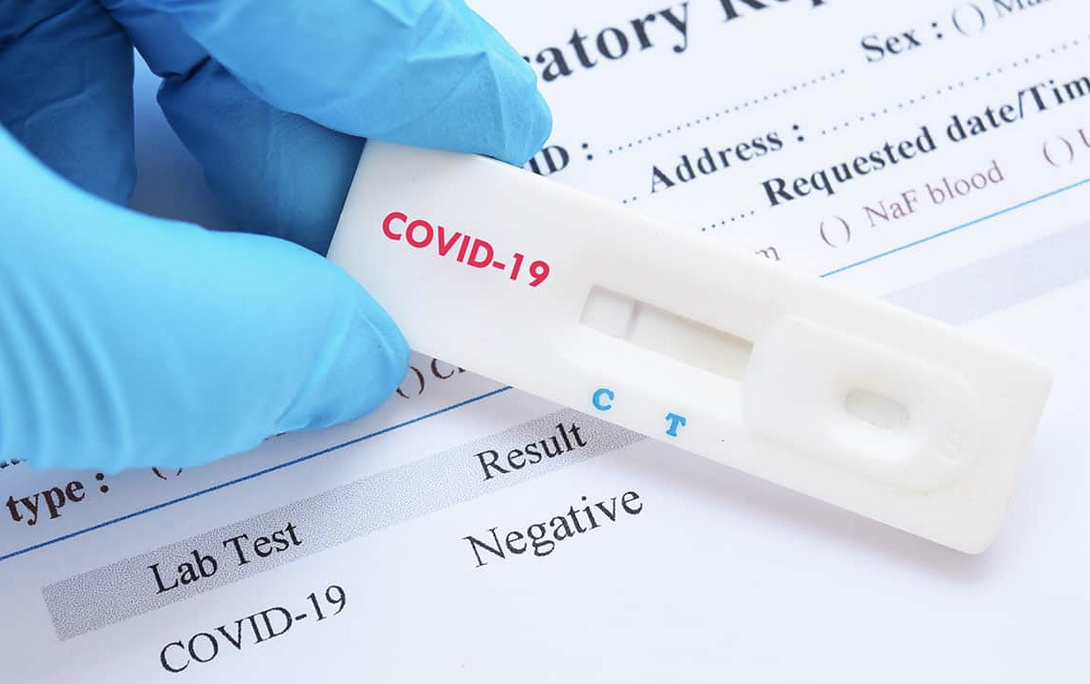In today’s digital healthcare environment, patient data is both a lifeline and a liability. Electronic health records allow providers to deliver faster, more accurate care, but when that data is mishandled or exposed, the consequences can be devastating. The recent Archer Home Health data exposure highlights just how serious the risks have become.
A Breach in California
Earlier this year, a misconfigured database linked to Archer Health, Inc., a California-based home healthcare provider, was discovered online without password protection or encryption. The system contained nearly 146,000 files in PDF and image formats. Many of those files held sensitive medical and personal information such as names, Social Security numbers, patient IDs, home addresses, and even diagnostic and treatment details.
While access was quickly restricted after responsible disclosure, the incident demonstrates how a single oversight can place thousands of patients at risk. It remains unclear how long the database was publicly accessible, or whether unauthorized actors may have viewed or downloaded the records.
Why Healthcare Data Is a Prime Target
Medical records are unlike any other form of personal information. Bank cards can be canceled and passwords changed, but health data is permanent—it follows patients for life. This makes it especially valuable to cybercriminals.
On the black market, complete medical records often sell for more than stolen credit card numbers because they can be used for:
- Identity theft using Social Security and demographic details
- Prescription and medical fraud, including obtaining drugs or filing false claims
- Insurance fraud through fake billing schemes
- Synthetic identities, where multiple pieces of stolen data are combined to create entirely new false identities
The Department of Health and Human Services (HHS) has reported sharp increases in healthcare-related breaches. Between 2018 and 2023, hacking incidents surged by 239%, and ransomware attacks rose by 278%, underscoring the growing pressure on providers to defend their systems.
The Human and Organizational Toll
Beyond financial risks, data breaches can directly impact patient care. Attacks that cripple IT systems can delay treatments, disrupt scheduling, and undermine trust between patients and providers. Exposed internal documents can also give attackers insights into how a healthcare organization operates, providing further leverage for extortion or targeted attacks.
For patients, the stress extends well beyond privacy concerns. Victims may spend years monitoring credit reports, disputing fraudulent claims, or facing issues with insurance due to incorrect information tied to their health records.
Preventing Future Exposures
Healthcare organizations are required under HIPAA to protect sensitive health information and notify patients in the event of a breach. But compliance alone is not enough. Experts recommend additional safeguards, including:
- Encrypting all stored and transmitted data
- Requiring multi-factor authentication for system access
- Conducting regular audits of user permissions and database security
- Training staff to recognize phishing and social engineering attempts
- Implementing monitoring tools to detect suspicious activity
Seemingly minor practices, such as avoiding the use of patient names in file or folder titles, can also reduce unnecessary exposure risks.
A Call for Vigilance
The Archer Home Health incident may not have involved malicious actors, but it serves as a powerful reminder that even accidental exposures carry profound risks. Healthcare providers must treat patient information as one of their most valuable—and vulnerable—assets.
For individuals, staying alert is equally important. Patients should monitor credit activity, review medical bills carefully, and use strong passwords with two-factor authentication on any healthcare-related accounts.
In a digital age where medical data is both priceless and permanent, breaches like the one at Archer Health underscore the urgent need for stronger protections across the healthcare industry.




